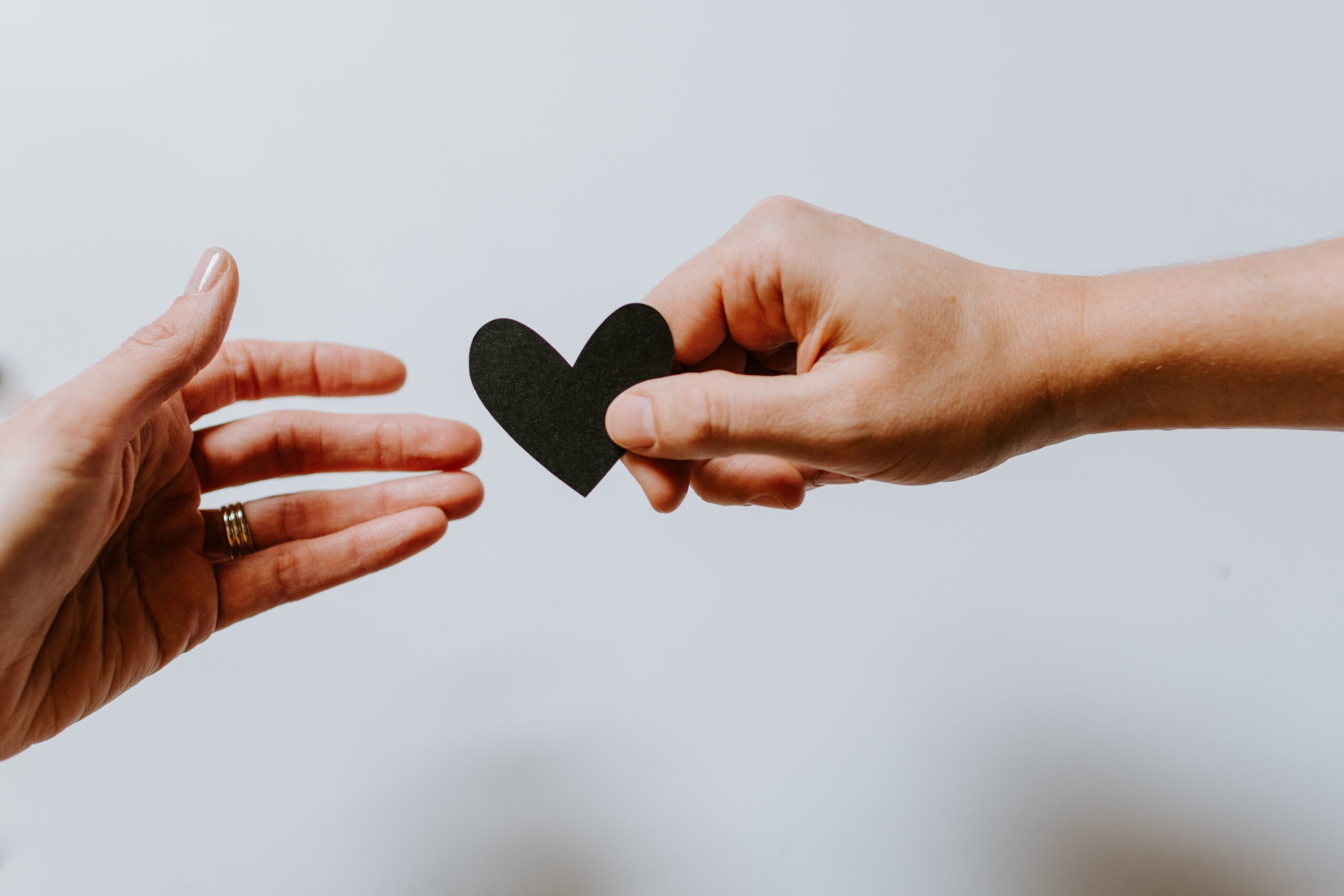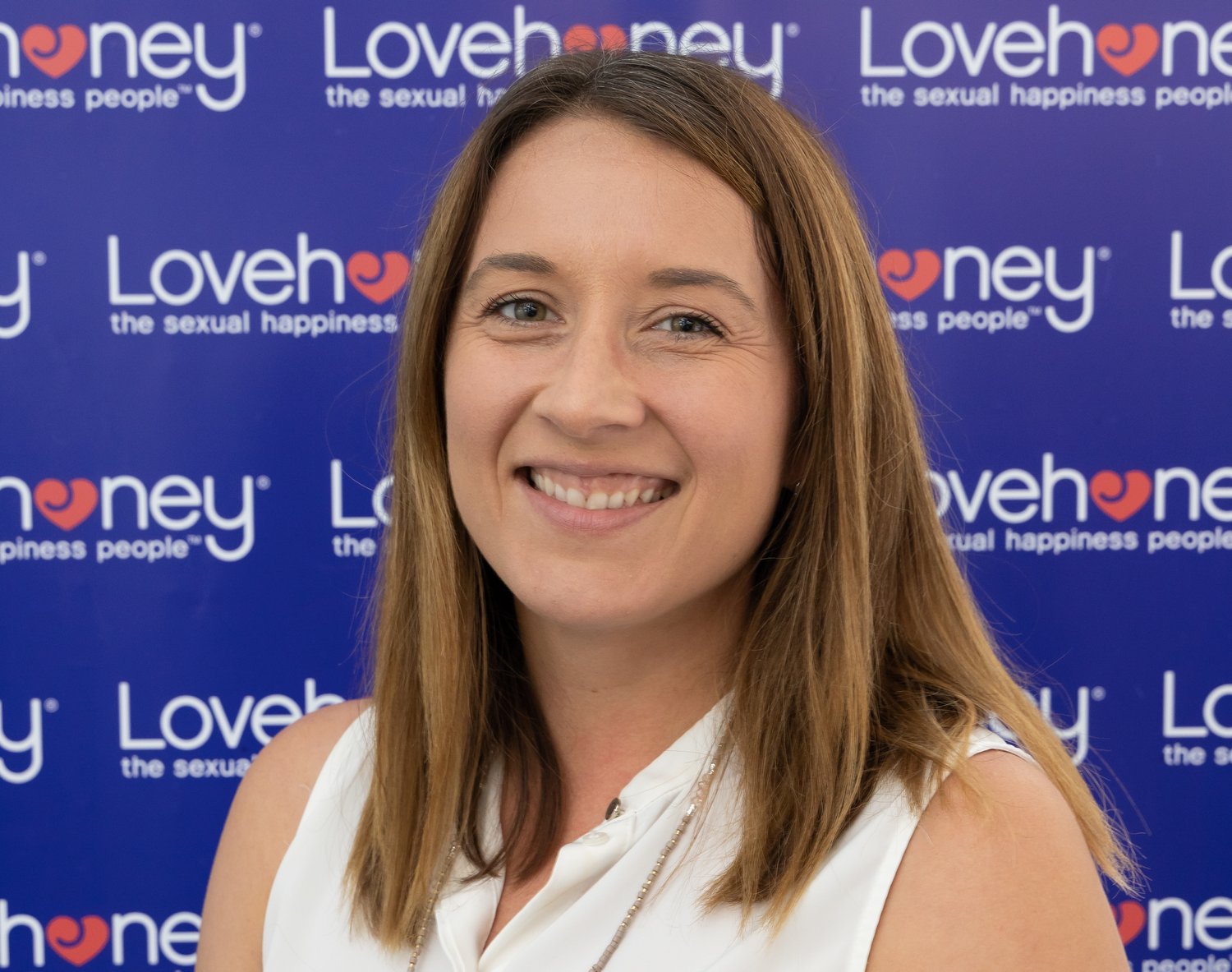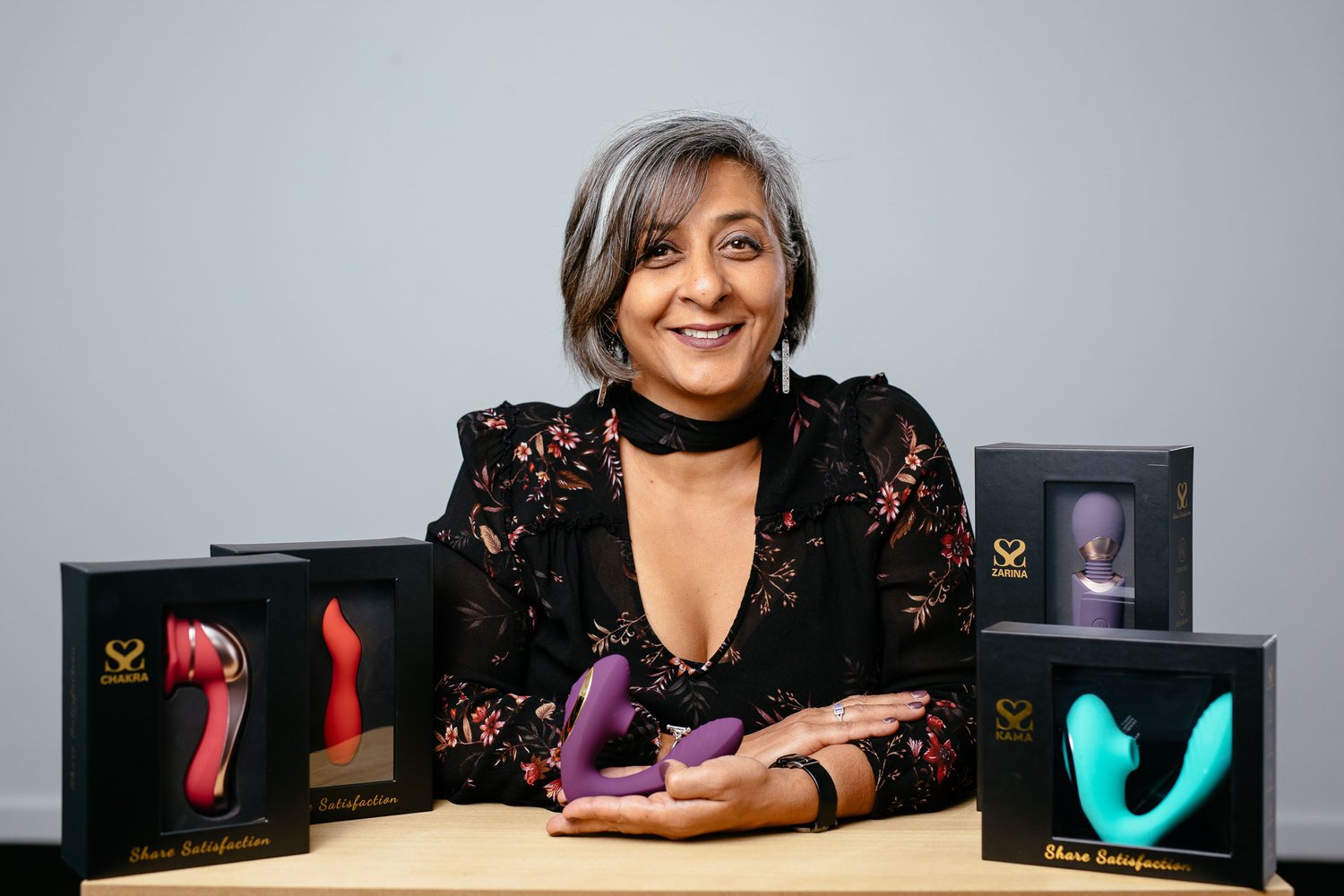
A guide to navigating non-monogamy with care and kindness
__________________________
We practice yoga to heighten our self-awareness. If you’re exploring opening up your romantic relationships to a more non-monogamous style, then having some guidelines can create more structure within yourself and with your partner(s). The 8 limbs of yoga are yogic steps towards a more meaningful and purposeful life. 2 limbs include the yamas and niyamas – 10 ethical guidelines which offer an opportunity to create more peace and harmony for yourself and those you love. This framework can enhance how you practice yoga, but also, multi-love.
The yamas and niyamas carry different meanings for every individual, so here are some questions you can ask yourself and your partner as you navigate the path of non-monogamy.
Ahimsa, Non-harming
How can we be less harmful in non-monogamy?
Can you express yourself from a place of love and care?
This begins with letting go of negative self-talk. Are you holding beliefs about yourself that are causing you guilt or shame? The transition between following society’s norm of a traditional relationship (hetero, monogamous) to discovering a new dynamic that works for you, requires you to confront new boundaries. And while you explore a new structure, you’ll begin to shed layers. Your previous context will most likely radically change (typically parts of ourselves we’ve used as protection in the past… definitions, behaviours, language). Your most vulnerable self will be exposed as you strip away old ideas of yourself; be kind. Come back to affirmations of non-harming. I am lovable. I deserve love. I have the right to love.
Satya, Truth
How does non-monogamy speak to your inner truth?
There are many stories attached to the concept of non-monogamy or multi-amory. Others beliefs on relationship styles may influence how you express yourself romantically. However, if you ditch all the stigma/stereotypes of what a traditional relationship “should” be, could you create a space or vision of what a healthy and fulfilling relationship looks like for you?
Can you discuss agreements, boundaries, expectations, from a place of honesty and openness that truly reflects you – your core – your essence – your truth? Non-harming is more important to truth. Throughout our lifetime, the truth may evolve and change. So, treat yourself and others with compassion first, before making any demands on truth. This will create a more loving environment.
Asteya, Non-stealing
Where might you steal from your own or others’ sense of boundaries?
The more we invite love into our lives, the more responsible we are to return it. Although love is unconditional, this does not give us permission to take, take, take. Giving and receiving time, attention, and love is an energy exchange and must be kept in balance to support ourselves and significant others with the life they want. As you create the non-monogamous life you want, can you consciously uphold trust, agreements, focus and attention for you and your relationships?
Brahmacharya, Non-excess
When is non-monogamy “enough”?
Love is abundant and continues to replenish. However, relationships require more than just love. They also require time and attention. You may find yourself easily over-doing non-monogamy by entertaining too many loved ones in your life. There’s a term called “poly-saturated.” You may have all the love in the world to give, but at what expense? Are all your relationships feeling loved, heard, and seen… including yourself? Slowing down, perhaps even regressing, can bring back a sense of non-excess. When we slow down or take a step back, we’re able to find the point of sacredness before it becomes over-indulgence. This is particularly important as you move through new relationship energy (NRE).
Aparigraha, Non-attachment
What are you holding on to that is holding you back from experiencing the joys of non-monogamy?
It can take quite a bit of work to unpack all the inherited beliefs of what a relationship “should” look like. Society has been set up to give married couples rights and privileges not easily accessed to those who decide to live outside the norms. You may not realise you’re holding on to expectations or assumptions of what it means to be committed to another. Can you still share love without being possessive? Swami Jnaneshvara said “Love is what is left when You’ve let go of All the things you love.”
Saucha, Clarity
How can we approach our relationships from a fresh and clear perspective?
Our past experience can often mask the purity or light of love. We may come into relationships with history (triggers or trauma) which make it difficult to see clearly and experience the love we deserve right now. So, as we craft our non-monogamous relationship, it can help to approach this from a beginner’s mindset. Can you match your child-like wonder of exploration and play with your ancient inner wisdom? Can you take away your preconceived notions of how you want your partnerships to be and clear a path to the purely present moment? Not only can this shape the foundations of your relationships, it can also guide you away from judgement, criticism, control, and manipulation.
Santosha, Contentment
How can we invite more calmness into our life?
Accepting what cannot be changed and appreciating what we have, and who we are, allows us to arrive in our relationships without expecting our partners to make us, or life, better. Cultivating contentment comes from within. However, finding moments of peace requires the ability to feel secure and safe. Do you have methods that help you self-regulate your emotions so you can feel safe? For some, it can be difficult to find that stability ourselves, so it’s important to understand your own needs on how to co-regulate your emotions – the love languages are a great framework to use.
Tapas, Discipline
In what ways do you show commitment to yourself and others?
If you’re beginning your journey of non-monogamy, it can be difficult for those around you to understand and support you. You may find close friends, family and even romantic loved ones criticise your decisions. This can be hurtful and perhaps you may even begin to doubt your style of relating. But if being non-monogamy is a truth for you, then it will require discipline to continue on your path. The road will be rocky and the unknown destination can be daunting. But if you can continue to stay true to your heart, with kindness and compassion for yourself and others, then your dedication will bring you towards a worthy aim: abundant love.
Svadhaya, Self-study
How do you check-in with yourself?
We practice yoga to enhance our self-awareness to reach a higher level of consciousness. Making time for yourself, where you can clear away distractions and focus on being present, will allow you to shed any beliefs which do not serve you. This might be a physical movement practice (like a yoga class) where you can express yourself, meditation, reading inspirational texts, or journaling. Remember: You have the right to be here, just as you. What you see in others, is a reflection of yourself.
Ishvara Pranidhana, Surrender
Why are you non-monogamous? Is there a higher purpose being served?
After all the inner work we’ve done, and all the time and energy we’ve spent nurturing our relationships, there comes a point where we need to let go and trust that it will all work out. Can you surrender to the present moment and feel at peace? What beliefs do you hold onto that give you a sense of purpose to continue on this non-monogamous adventure?
As we continue to practice kindness to ourselves, kindness will also pass on to our partners, raising the collective consciousness of all your relationships.
If you have recently decided to practice ethical non-monogamy, I recommend the following resources through this transition: More than Two by Veux & Rickert, Designer Relationships by Mark Michaels, and The Yamas and Niyamas by Deborah Adele. Podcasts: Multi-amory podcast #222, Tim Ferris podcast #463. Also you can connect on Facebook with your local/regional polyamory community, in New Zealand: Polyamory NZ. If you’re keen to discuss further in real life, attend Yoga & Non-Monogamy workshops at Revive Festival, Kiwiburn, or Dimension Festival in 2021. Or reach out to Raquel at Kanuka Yoga Space.
Related Posts
Celebrating International Women’s Day: Natasha Neal
Celebrating International Women's Day with Natasha Neal
Kama’s ‘Mother of Orgasms’ talks pleasure, sex and market domination
An interview with Taslim Parsons, the 'Mother of Orgams'
Baby Boomer men think their partners are having orgasms
Confidence is key
The Benefits of Mastering Your Monthly Cycle
Navigating your period doesn't have to be a mystery.
Backdoor for Beginners: The 101 of trying anal
The TLDR; Patience, trust, and a shitload of lube
Sex and Relaxation – How to Banish Stress and Maximise Pleasure
How to de-stress so you can un-dress







